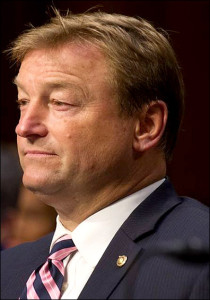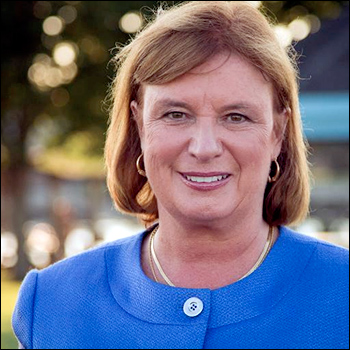By Jim Ellis
Oct. 31, 2017 — You may remember that JMC Analytics and Polling released an August survey that found Republican Danny Tarkanian, before he entered the Senate race, to be leading Nevada Sen. Dean Heller, 39-31 percent. On Friday, JMC released new polling results.Immediately after the August poll was published, the Heller campaign circulated a Tarrance Group survey of its own that showed a completely different tally. This study projected the Senator ahead 55-33 percent among their universe of likely Republican primary voters. Now, Heller’s political operatives may need to counter again.
The latest JMC survey (Oct. 24-26; 500 likely Nevada primary voters answering an automated questionnaire) finds Tarkanian again leading the senator, but this time the margin is 44-38 percent, a slightly closer tally and with many more voters forming a decided opinion.




